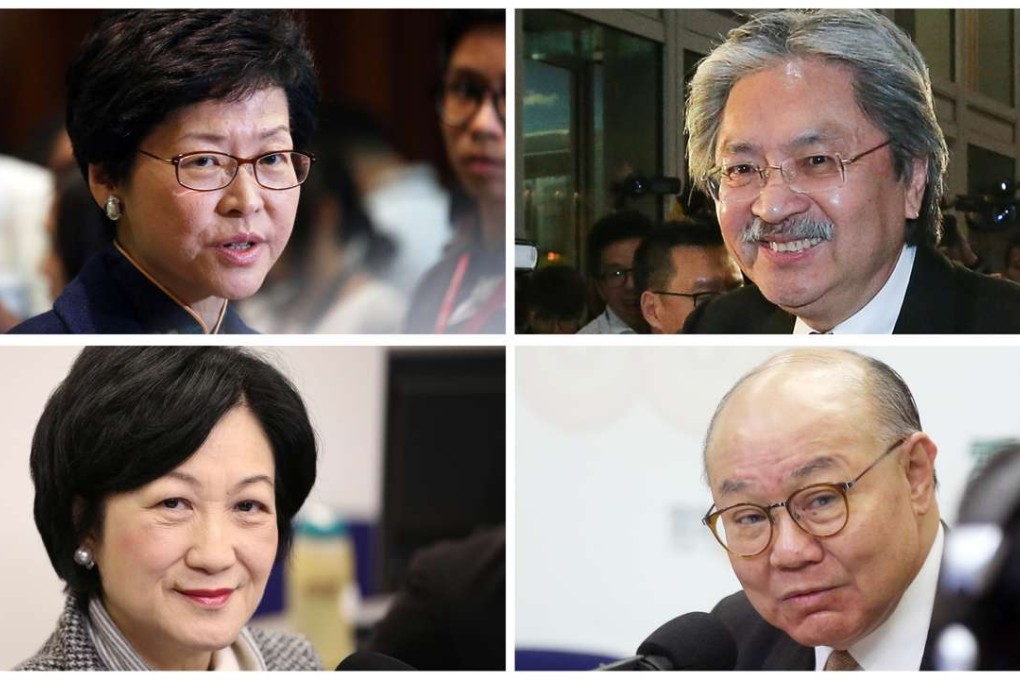Public Eye | Why Hong Kong’s next chief executive will fail to unite the people
While the mandate from the city’s people may be to unify the city, ‘one country, two systems’ will see to it that this goal cannot be met, Michael Chugani writes

Healing Hong Kong’s division goes through the path of “one country, two systems”, which many fear is fraying. There can be no unity when Beijing views the system from one end and Hongkongers from the other, both sides seeing only what suits them. For Beijing, one country trumps, for without it there can be no two systems. For Hongkongers, two systems is the great firewall against one country.
That firewall has gained new relevance as suspicion grows Beijing intends to gradually mainlandise Hong Kong. Even those who oppose independence want two systems to have equal footing with one country, if not to trump it. To Beijing, that is sacrilege. What we have in Hong Kong is akin to a cold war.
The opposition considers full-blown democracy the last line of defence of two systems. The loyalists see this as a traitorous attempt to rob China of sovereignty over Hong Kong. This ideological battle has caused a societal fissure most clearly seen in elections where the opposition routinely gets about 55 per cent of votes compared to the establishment’s 45 per cent.
The Occupy uprising, Mong Kok riot, legislative gridlock, equating national education with brainwashing, and loathing of Chief Executive Leung Chun-ying – considered Beijing’s proxy – are offshoots of this cold war. It has spilled into the chief executive election, with the opposition favouring John Tsang Chun-wah over Carrie Lam Cheng Yuet-ngor solely because Tsang despises Leung and Lam is considered Beijing’s new proxy.

